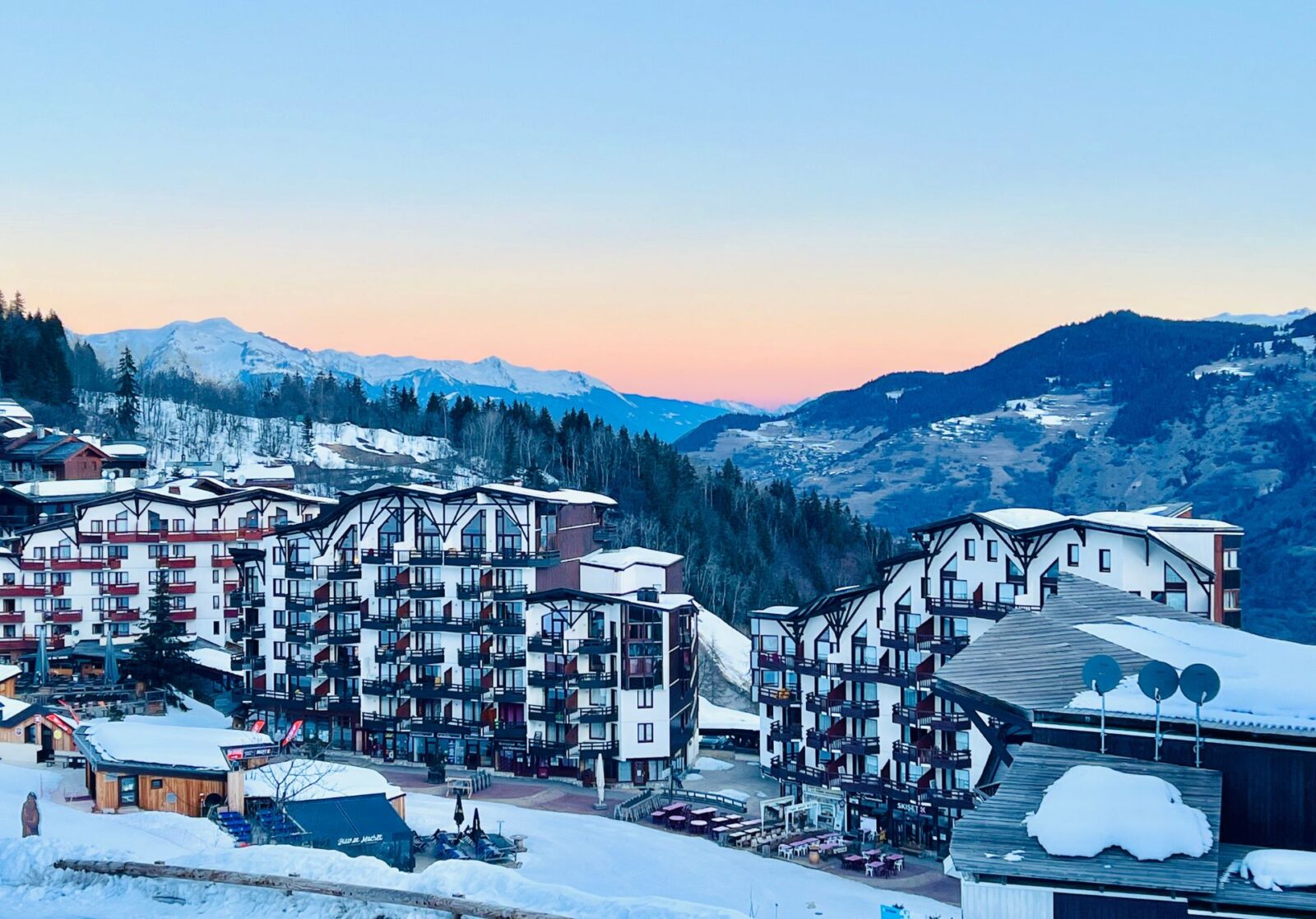When planning your next getaway, one of the most critical decisions is where to stay. For many travelers, the choice often comes down to resort villages or hotels. While both options offer unique benefits, understanding their key differences can help you choose the perfect accommodation for your trip.
What is a Resort Village?
A resort village is a type of accommodation that combines the charm of a small community with the comforts of a vacation destination. Often located in picturesque natural settings, such as near beaches, mountains, or forests, resort villages typically consist of individual cottages, villas, or bungalows. These accommodations provide a sense of privacy and space, making them an attractive option for families and groups seeking a relaxed atmosphere.
Unlike hotels, resort villages are designed to foster a sense of community. They often feature shared amenities like pools, barbecue areas, and recreational facilities, encouraging interaction among guests. However, the experience is more self-reliant, as services such as housekeeping and dining may not be as readily available as they are in hotels.
What is a Hotel?
Hotels, on the other hand, are centralized accommodations that cater to a wide range of travelers, from business professionals to leisure tourists. Found in urban areas, tourist hubs, and near major landmarks, hotels are known for their convenience and standardized services.
Staying at a hotel offers the benefit of full-service amenities. Guests can expect daily housekeeping, on-site dining options, concierge services, and often additional luxuries such as spas, fitness centers, and meeting rooms. Hotels vary greatly in style and budget, ranging from affordable chain properties to high-end luxury brands. This versatility makes them a go-to choice for travelers looking for comfort and convenience.
Key Differences Between Resort Villages and Hotels
The distinctions between resort villages and hotels go beyond their physical setups. Resort villages provide a more laid-back, home-like experience, often situated in tranquil environments away from the hustle and bustle of city life. They are ideal for those who value privacy and a connection to nature. Guests can enjoy independent accommodations, complete with kitchenettes and outdoor spaces, which encourage longer stays and a more personal pace of travel.
Hotels, in contrast, are designed to offer seamless service and convenience. Their centralized layouts mean guests have easy access to facilities like restaurants, lounges, and event spaces, making them well-suited for short stays or business trips. However, the trade-off is less privacy and a more structured environment.
Pros and Cons of Resort Villages
One of the main advantages of resort villages is their emphasis on space and independence. With standalone units, guests can enjoy a quiet retreat, often surrounded by stunning landscapes. Families particularly appreciate the extra room and the ability to prepare meals in fully equipped kitchens.
However, this self-contained setup has its drawbacks. Unlike hotels, resort villages may lack round-the-clock staff or immediate access to amenities like restaurants. Travelers should be prepared for a more hands-on experience, which may not appeal to everyone.
Pros and Cons of Hotels
Hotels excel in offering convenience and service. From the moment you check in, you’re supported by a staff dedicated to meeting your needs. Whether it’s room service, spa treatments, or travel arrangements, hotels are designed to make your stay as effortless as possible.
That said, this level of service comes at a price. Hotels, particularly in popular destinations, can be expensive, and their standard layouts may lack the character or charm of a resort village. Additionally, shared spaces like lobbies and pools can feel less private, especially during peak seasons.
How to Choose Between Resort Villages and Hotels
Choosing between a resort village and a hotel depends largely on your travel goals. If you’re seeking a peaceful escape with plenty of space and a focus on natural surroundings, a resort village might be the ideal choice. This is especially true for families or groups looking to spend quality time together without the distractions of busy hotel settings.
On the other hand, if your trip involves sightseeing, business meetings, or a desire for luxury and convenience, a hotel is likely the better option. Hotels offer the advantage of location, often placing you within walking distance of key attractions or business districts.
Ultimately, consider factors such as your budget, the size of your travel group, and the kind of experience you want. By weighing these elements, you can select the accommodation that best suits your needs.
Resort villages and hotels each bring something unique to the table. Whether you prioritize privacy and a community atmosphere or convenience and top-tier services, understanding these key differences can make all the difference in your travel experience. Take the time to assess your preferences, and you’ll be well on your way to a memorable and satisfying stay.
 Resort Villages
Resort Villages